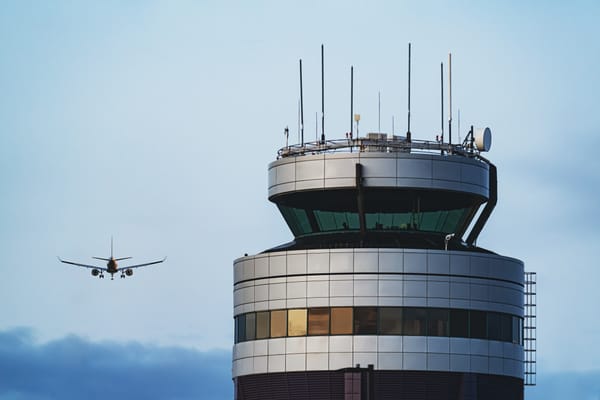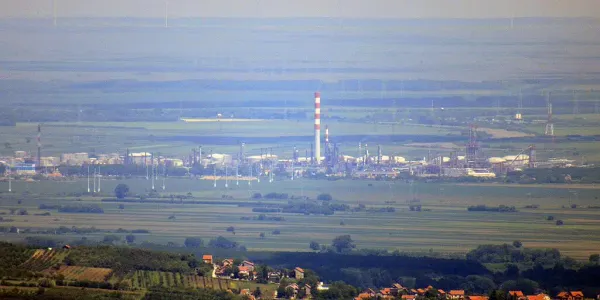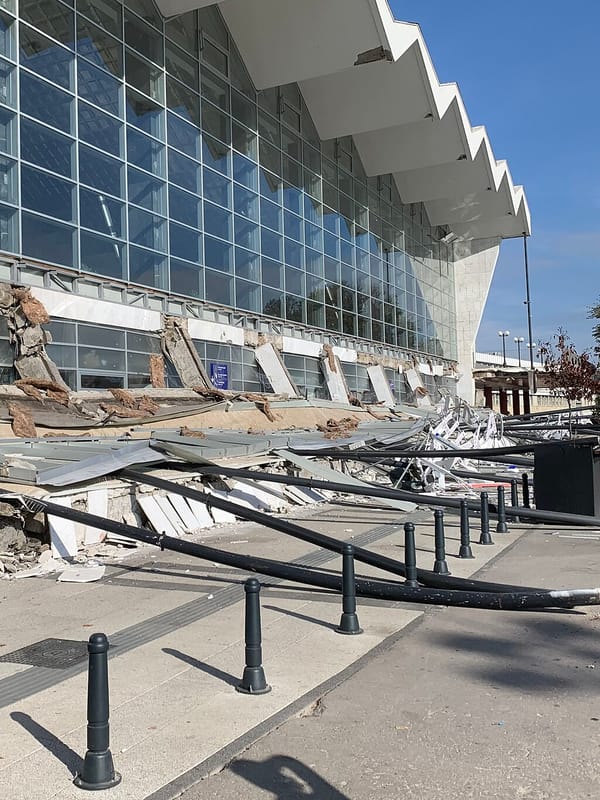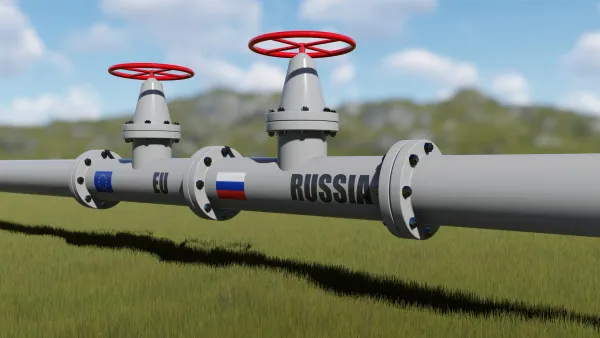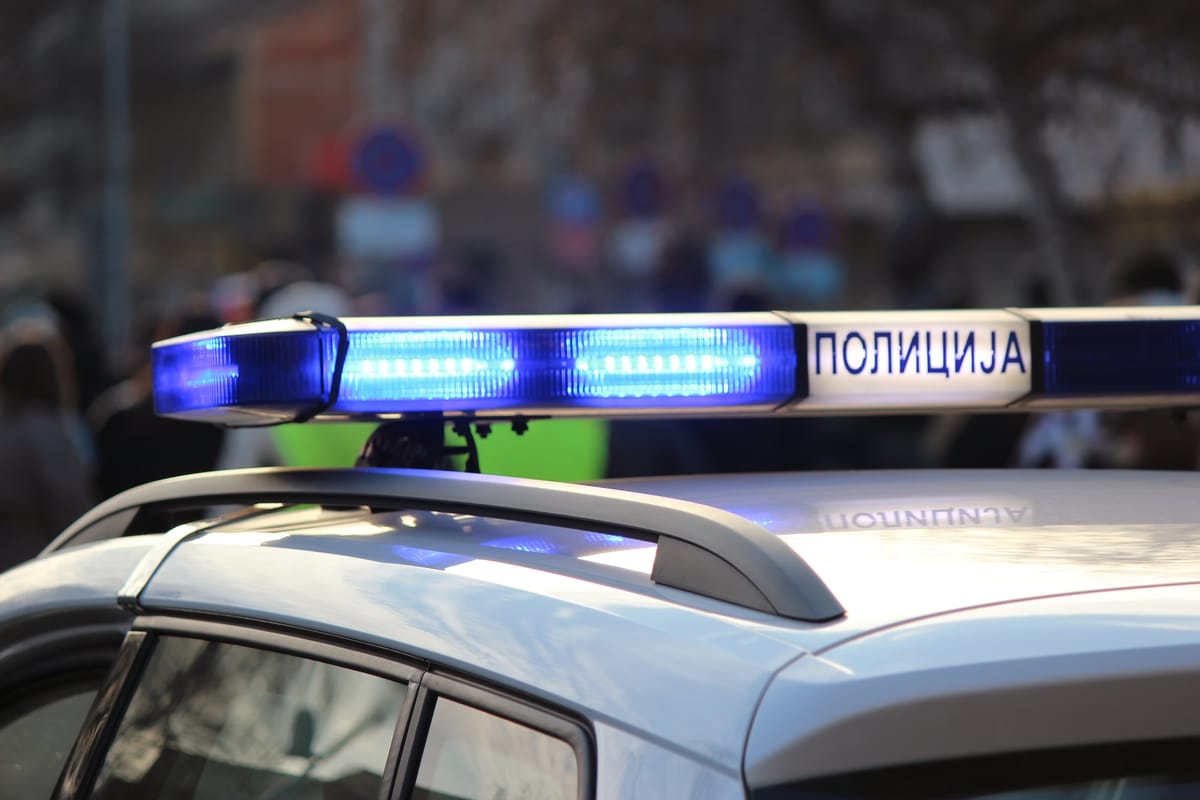
Serbs plan fresh protests as anti-gov't unrest grows
University students in Serbia will lead another round of anti-government protests in the capital city of Belgrade this week, deepening a political crisis that has exposed widening rifts in the country’s institutions and democratic trajectory.
The demonstrations follow street blockades, dozens of arrests, and growing public opposition to the ruling Serbian Progressive Party (SNS), accused by protesters of authoritarian overreach and institutional capture.
Demonstrations intensified over the weekend as student-led groups erected makeshift barricades at key intersections in central Belgrade, including Kneza Milosa, Nemanjina and the Gazela Bridge. Police estimated Saturday’s protest turnout at 36,000, while independent observers cited figures as high as 140,000.
Clashes were reported in several locations. Riot police used batons, shields and pepper spray to disperse crowds. According to official figures, 48 police officers were injured, while 22 protesters required medical attention.
Street barricades cleared
Police moved in early on 30 June to dismantle the barricades. The Interior Ministry reported 77 arrests during the operation, with 38 individuals facing criminal charges. Further detentions were reported on 1 July, bringing the total arrests over the weekend to more than 110.
Video footage showed protesters throwing stones and flares at security forces, while several journalists were pushed or obstructed during live reporting near Slavija Square. Rights groups have called for an independent inquiry into the use of force.
“We will not allow foreign-instigated destabilisation,” Gasic said in a televised statement. “Serbia is a lawful state, and protests must remain within legal limits.”
The Belgrade Centre for Human Rights condemned the security response, calling it excessive. Several journalists and bystanders reported being pushed or threatened during the police operation.
Flashpoints multiply
Public anger has grown over the appointment of Bratislav Zivkovic, a former paramilitary commander, to the board of Serbia’s National Theatre. Critics say the move reflects a broader state effort to legitimise figures linked to wartime violence.
Protesters have also pointed to ongoing pressure on independent media and the judiciary, as well as what they call the politicisation of public institutions under Serbian President Aleksandar Vucic.
Opposition parties have expressed support for the protests but student leaders insist their movement remains unaffiliated. “This is not just about one party,” protest spokesperson Milica Vukovic said on 30 June. “It’s about our right to live in a country where institutions serve citizens, not political strongmen.”
Muted EU reaction
The European Commission (EC) has reiterated its support for Serbia’s EU accession path but has not commented on the recent unrest. Several MEPs have raised concerns over media freedom and the rule of law. In a European Parliament debate on 25 June, MEP Viola von Cramon said, “Serbia continues to regress on key democratic indicators while pretending to align with EU values.”
Protesters plan weekly gatherings
The protest wave was sparked by the 1 November 2024 collapse of a newly built concrete canopy at the railway station in Novi Sad, northern Serbia, which killed 16 people and injured dozens.
The disaster, blamed on substandard construction and opaque public contracts, became a national scandal and a symbol of what protesters describe as systemic corruption and impunity under the SNS. Initial vigils in Novi Sad quickly spread to Belgrade and other cities, evolving into a broader student-led movement demanding accountability, transparency and institutional reform.
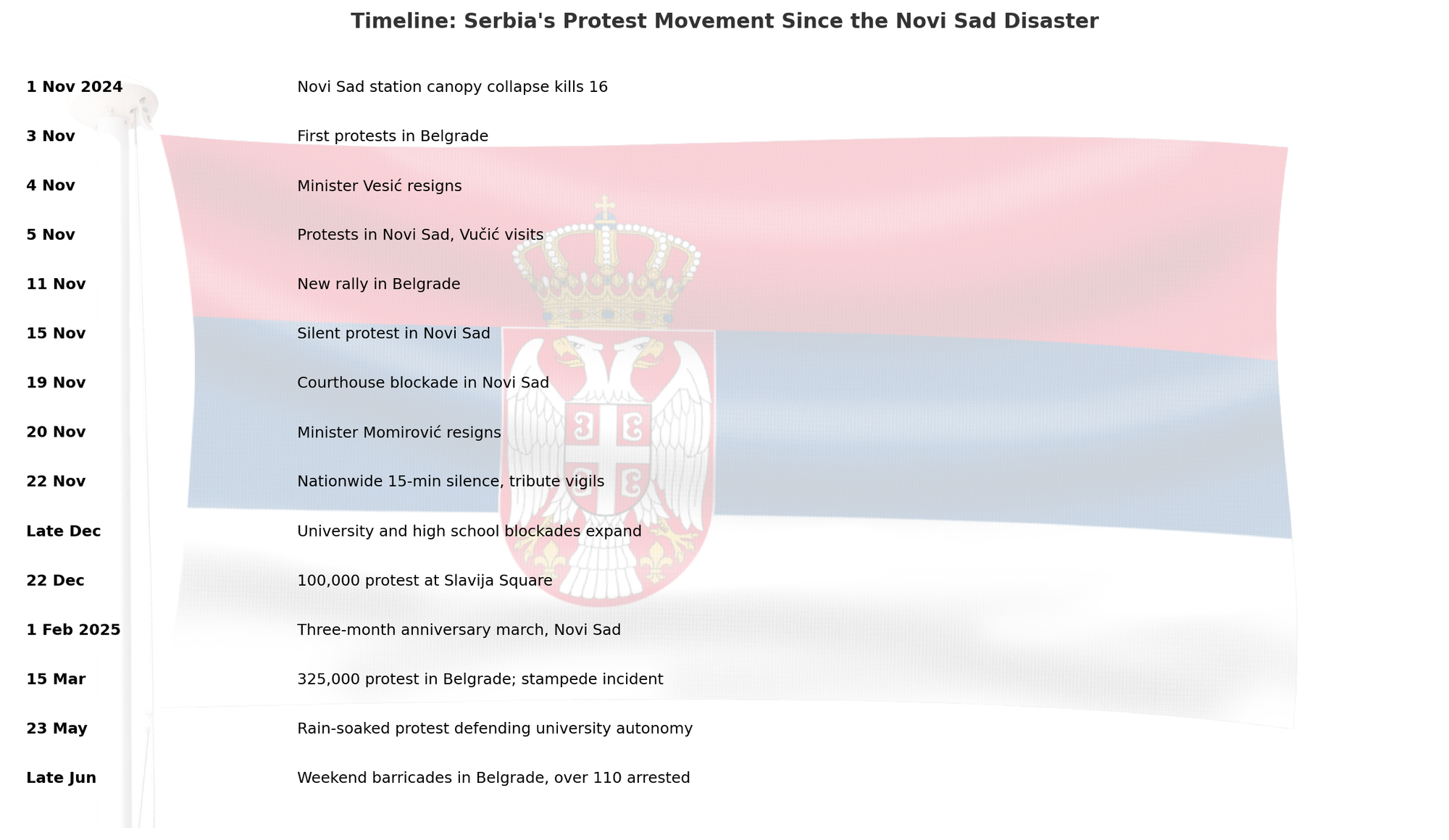
The next protest, scheduled for 1 July, will begin at the University of Belgrade and proceed toward the National Assembly. Student organisers are demanding snap elections, the dismissal of Interior Minister Bratislav Gasic, and a reversal of recent controversial public appointments.
Organisers plan to march every week until their demands are addressed. A night vigil is scheduled for 2 July outside the National Theatre. “We are not afraid,” said a statement from Students for Democracy. “We will not look away.”
The protests in Belgrade mirror recent student-led unrest in Slovakia, Georgia and Bulgaria, where democratic backsliding and corruption have become central issues.

